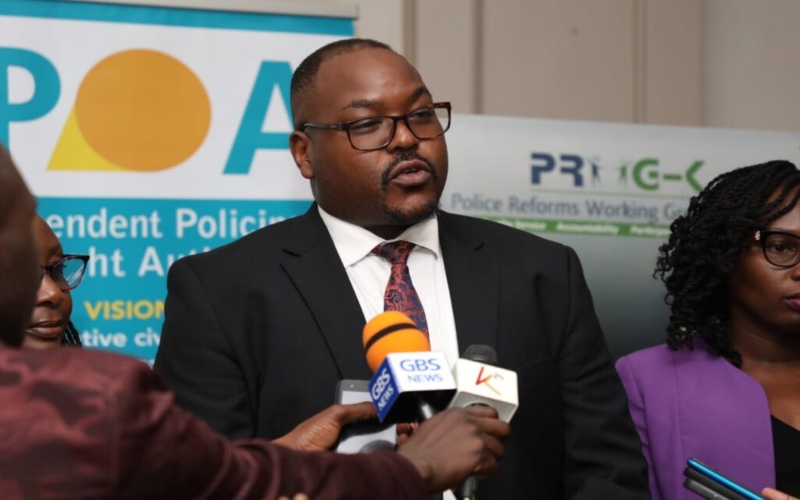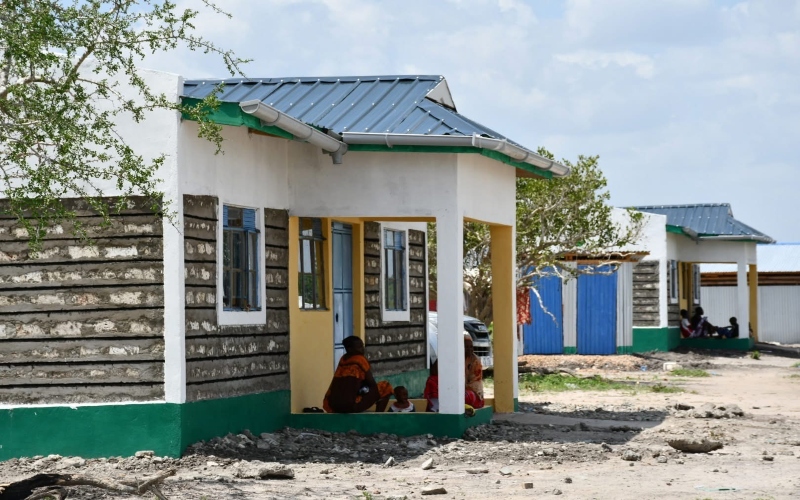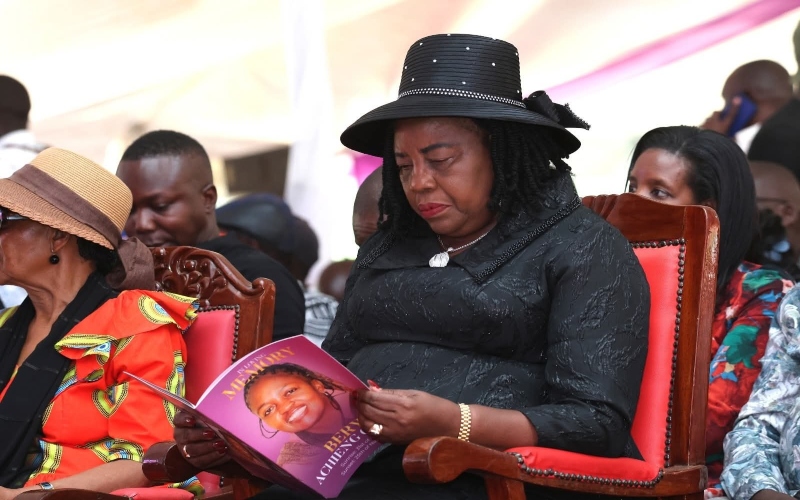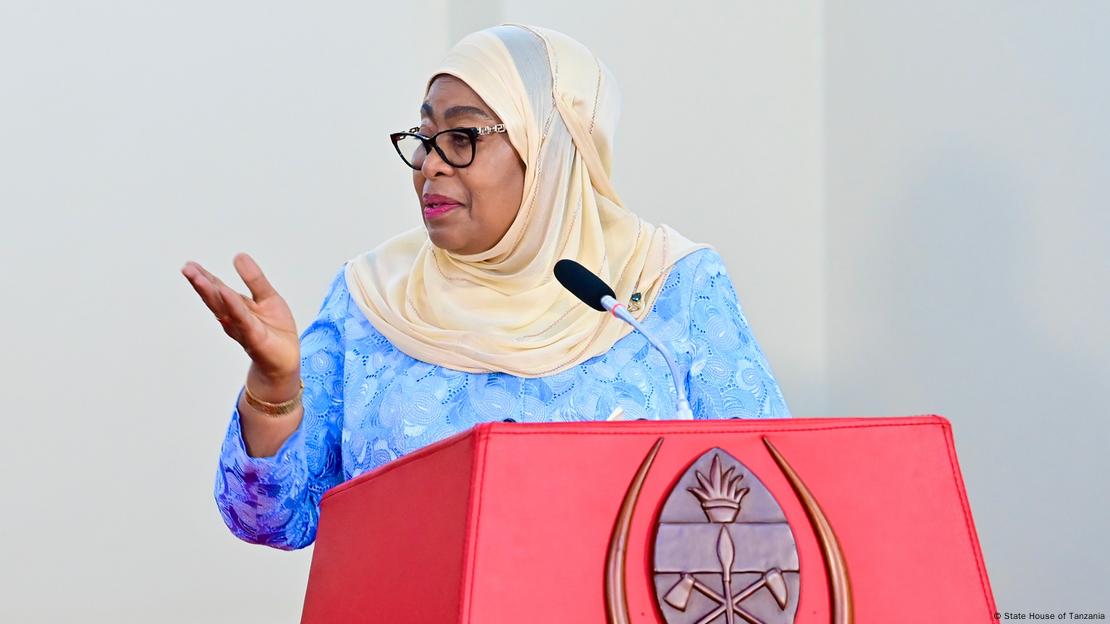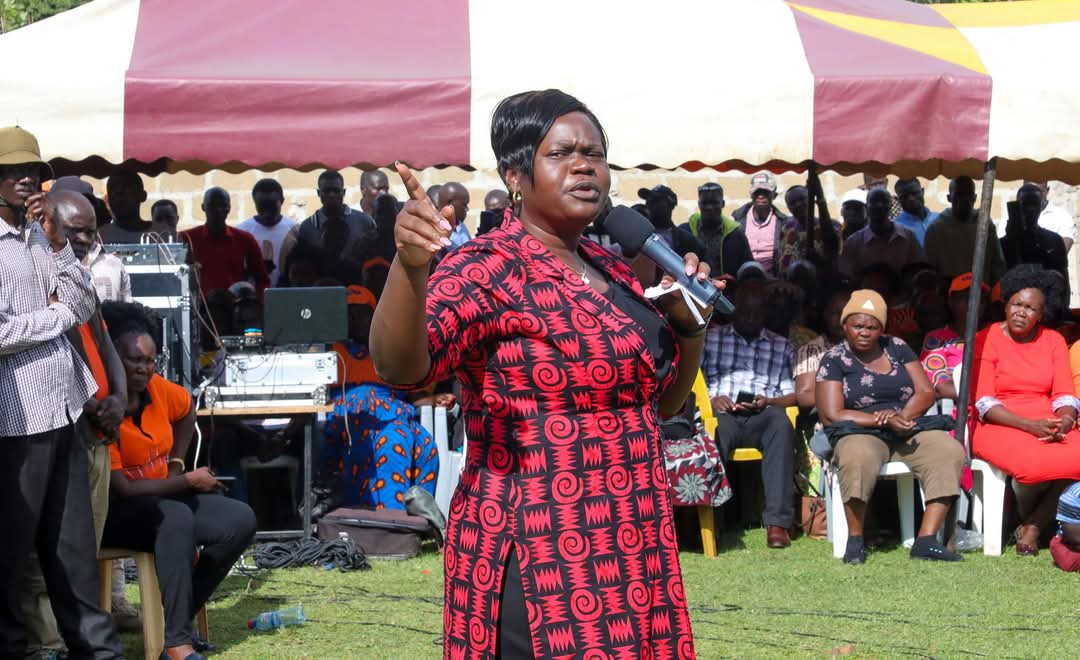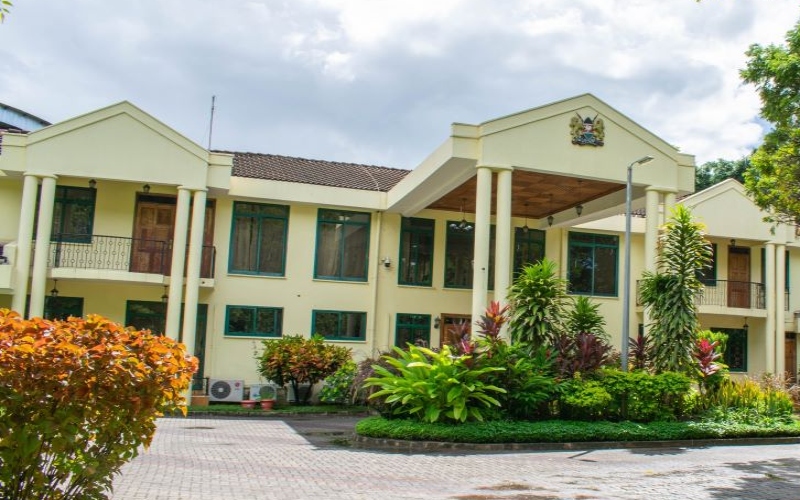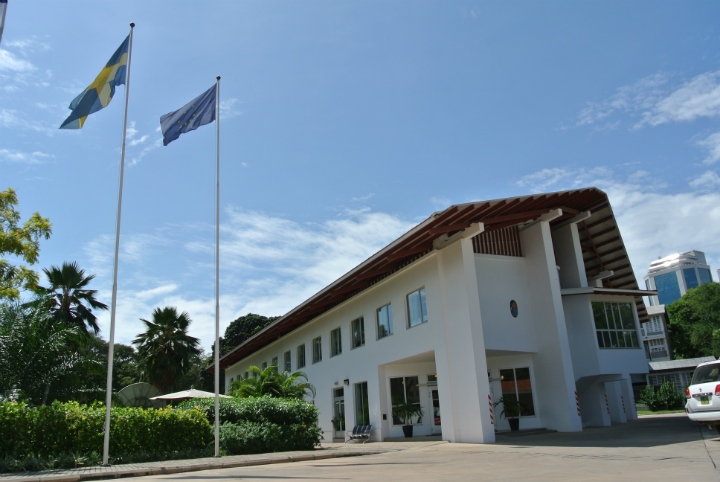Stakeholders warn of increased FGM cases in Wajir during long school holiday
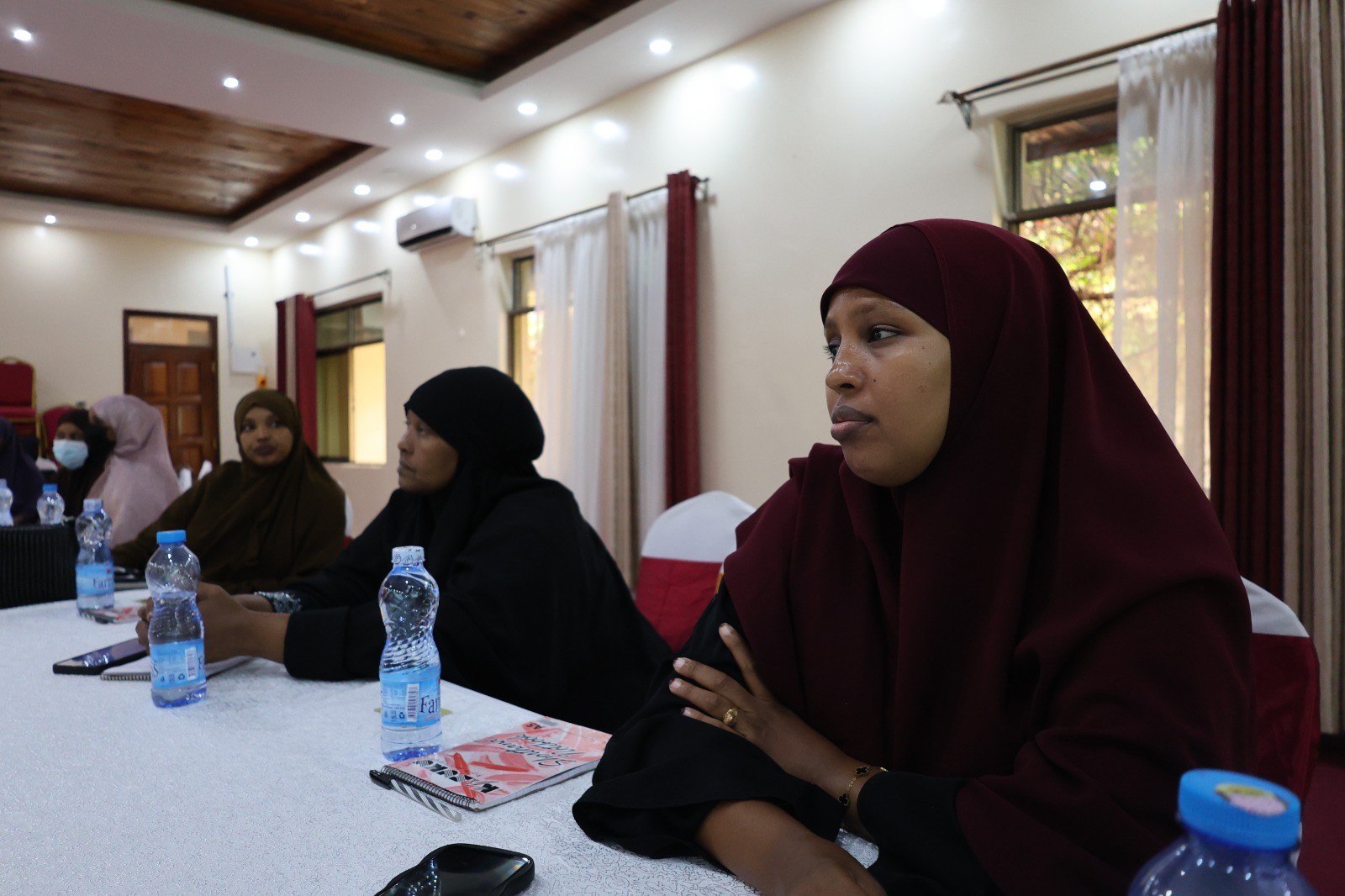
Participants noted that the long holiday season is traditionally a high-risk period when FGM cases spike across the predominantly conservative Somali community.
Stakeholders in Wajir County have issued a warning over the rising risk of Female Genital Mutilation (FGM) during the ongoing long school holidays, calling for heightened community vigilance to protect young girls.
The concerns were raised during a three-day forum in Wajir town convened by the Kenya National Commission on Human Rights (KNCHR), bringing together civil society organisations, security agencies, human rights defenders, religious leaders and elders.
More To Read
- Wajir MCAs demand answers over rising abductions after two men vanish
- Wajir police nab suspect with AK-47 rifle in ongoing crackdown on illegal firearms
- Maasai community leads change as elders endorse fight against FGM and early marriage
- New 1MW generator boosts Wajir’s power supply, promises relief from frequent blackouts
- Gender CS Cheptumo calls for collective action against teenage pregnancies
- From silence to strength: The Kenyan women ending FGM and early marriages
Participants noted that the long holiday season is traditionally a high-risk period when FGM cases spike across the predominantly conservative Somali community.
KNCHR Regional Coordinator Hassan Abdi Omar urged parents to be extra alert as perpetrators often seize the opportunity to carry out the outlawed practice under the guise of cultural rites.
"I urge parents to be vigilant about FGM during this holiday season," Hassan said. "They should protect young girls who are on holiday so that they do not face the cut."
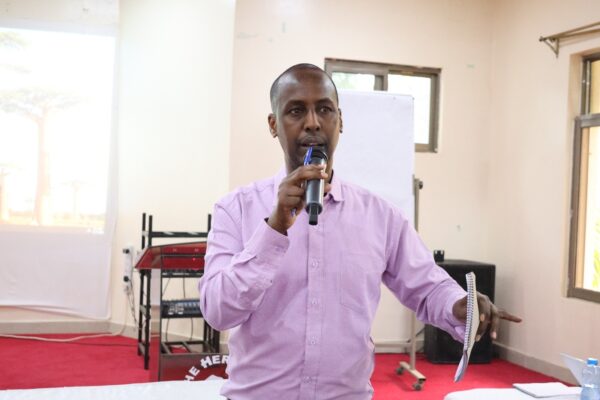 KNCHR Regional Coordinator Hassan Abdi Omar urged parents to be extra alert as perpetrators often seize the opportunity to carry out the outlawed practice under the guise of cultural rites. (Issa Hussein)
KNCHR Regional Coordinator Hassan Abdi Omar urged parents to be extra alert as perpetrators often seize the opportunity to carry out the outlawed practice under the guise of cultural rites. (Issa Hussein)
He cautioned that the extended school break creates an environment where perpetrators can act unchecked.
"The long holiday is a time when circumcisions occur. Stakeholders must remain awake to this reality," he warned.
Hassan also called on security agencies to intensify surveillance and arrest offenders. "Security officers must be alert during this period to ensure those involved in harmful cultural practices are apprehended."
Despite widespread awareness campaigns, FGM remains deeply entrenched in Wajir and other parts of Northeastern Kenya, thriving in secrecy and driven by long-held cultural beliefs. KNCHR says Wajir still records some of the highest FGM prevalence rates nationally.
The commission is now working closely with local partners to roll out community-based strategies aimed at eliminating the practice and safeguarding girls' rights.
Experts at the forum stressed the severe mental, social and health consequences of FGM, urging communities to abandon the harmful tradition.
A nurse and anti-FGM advocate, Hinda Ahmed, painted a grim picture of the long-term effects of the cut.
"FGM increases the risk of HIV/AIDS and Hepatitis B due to unhygienic equipment," Ahmed said. "It negatively affects marital life, causes lifelong pain, and can lead to infertility or sexual dysfunction."
She added that survivors often face pregnancy complications, including prolonged labour, urinary infections and back pain — conditions that endanger both mother and child.
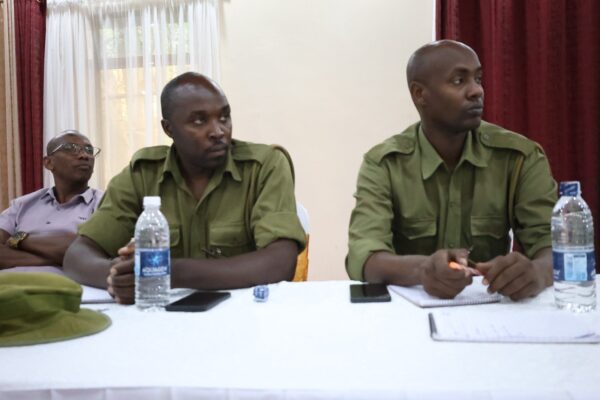 Security officers attended the three-day forum in Wajir town. (Issa Hussein)
Security officers attended the three-day forum in Wajir town. (Issa Hussein)
Human rights defender Safi Abdullahi urged the community to break the cycle and protect girls from the ordeal many women endured in silence.
"We have forgiven our mothers for what they did to us," she said. "But now we must stop the vice and protect young girls. That is our message to the community."
Participants stressed that ending FGM requires collective action, courage and compassion.
In a related meeting on strengthening law enforcement capacity, KNCHR emphasised the pivotal role of security officers in combating harmful cultural practices.
Senior officer Ali Mohamud reminded officers of their responsibility: "You are key stakeholders in the fight against harmful cultural practices. Enforcement is not only about arrests — it is about protecting victims and ensuring justice."
The workshop called for closer collaboration between police, civil society and communities to ensure swift action on FGM reports. Religious leaders and elders were urged to use their influence to speak boldly against the practice.
"It is our responsibility as a community to protect our daughters," activist Safi affirmed.
As schools remain closed for the long break, stakeholders say coordinated vigilance is crucial to ensure girls across Wajir County remain safe from the cut.
Top Stories Today

